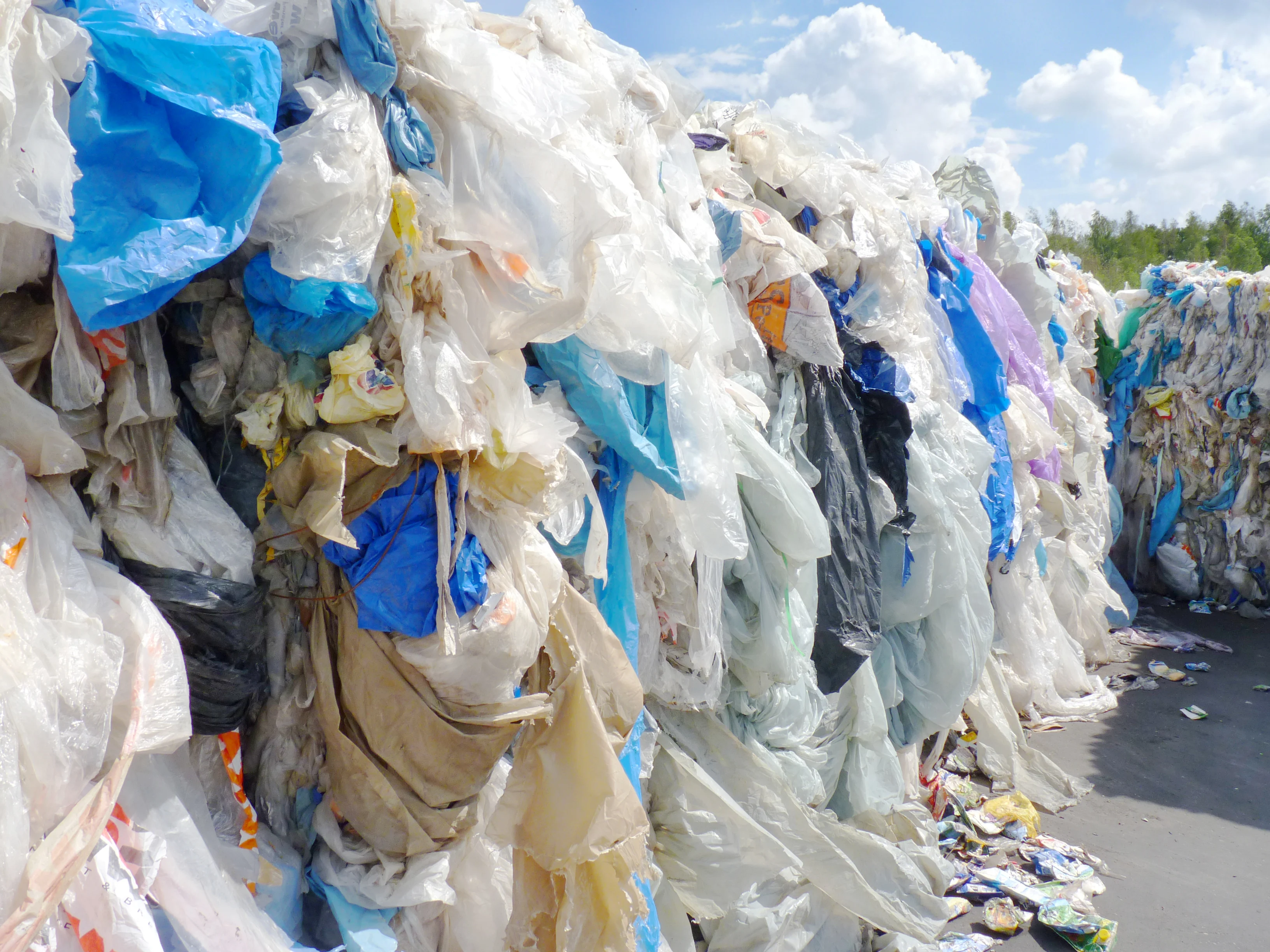
Plastics
4 minute read
A second life: redefining plastic waste
Is plastic waste really waste? Or could it be a valuable resource? In Europe, only a small share of the plastic waste is being recycled. There's an urgent need to increase the recycling rate: by redefining plastic waste.
Let’s talk about efficiency. Efficiency isn’t a new topic to businesses. Every business leader loves efficiency and they have done so for decades: reaching peak performance, minimising inputs, maximising output. Efficiency offers a challenge, provides competitive advantages and pushes financial results. A no-brainer from a business point of view.
The awareness of climate change and environmental issues has led to the rise of another dimension of efficiency: minimising the impact on our planet by using resources more efficiently. This time, the motivator isn’t as much financial results as it is sustainability. Resource efficiency is at the core of the climate transformation.
In the polymers industry, there are still steps to take to become more resource-efficient. Hundreds of millions of tons of plastic waste are generated every year, and this plastic waste currently mostly ends up in incineration or landfill. In other words: dump it or burn it and be done with it. No resource-efficiency in that.
Yet, the perception in the day-to-day life of consumers is a different one: carrying our empty plastic bottles back to the supermarket and separating plastic waste at home makes us feel like efficient recycling superheroes. And while we need everyone’s contribution to recycle plastic waste and other materials, and doing what we can in our day-to-day life provides benefits for our society as a whole, the reality is that only very little of our plastic waste actually gets recycled. In Europe, 30% of the plastic waste is collected for recycling, but only 10% are eventually being recycled. For these 10%, there is a second life. For the other 90%, end of product life means end of material use.
The consequence: For every new product, we need to use new materials - and in the case of polymers, this mostly means tapping virgin fossil resources. While fossil resources are widely available and used, they take a toll on the sustainability side of the balance sheet. With every litre of crude oil used, we add new carbon to the system. Once it has served its purpose, this new carbon ultimately ends up as CO2 in the atmosphere. We have to tackle that.
One way to stop plastic waste would be to abandon polymers entirely. Yet, polymers are necessary in many applications and, hence, very valuable products. There are products for food and pharmaceutical industry uses where polymers are very hard to replace. Unless we want to roll back technological progress, we need to find more sustainable solutions - and the petrochemical industry plays a key role in that. We need to rethink our value chains and find ways to make the most of the materials by reusing our resources again and again: we need to enable a circular economy for polymers.
The ideas are simple: turn waste into a valuable resource to replace fossil resources. Instead of adding new carbon to the system, we can circulate the existing carbon again and again. While it’s crucial to increase recycling rates significantly, it will be difficult to reach 100%. We have an advantage on our side, though: The natural carbon cycle on our planet allows us to tap renewable carbon sources to close the gap. Using bio-based carbon sources ensures no additional carbon is added to the circle. The combination of renewable and recycled carbon will allow us to eventually turn our linear value chains into circular ones.
That way, we are creating a second life for the materials we use, taking resource efficiency and sustainability in the polymers industry to the next level. This will require persistence and assertiveness. We have to be brave enough and rise up to the challenge that is combating plastic waste and climate change simultaneously. These are challenges that won’t go away unless we make them go away.
